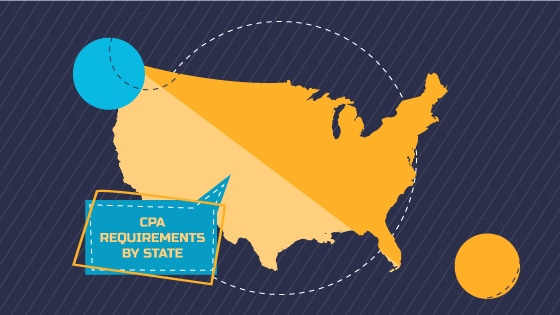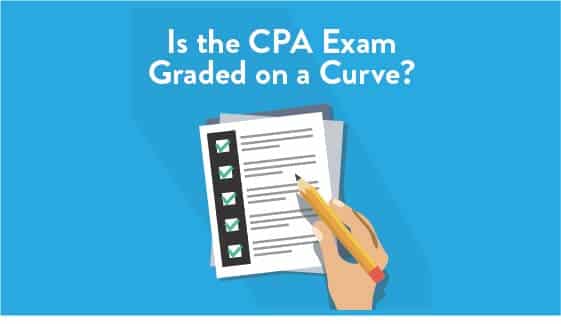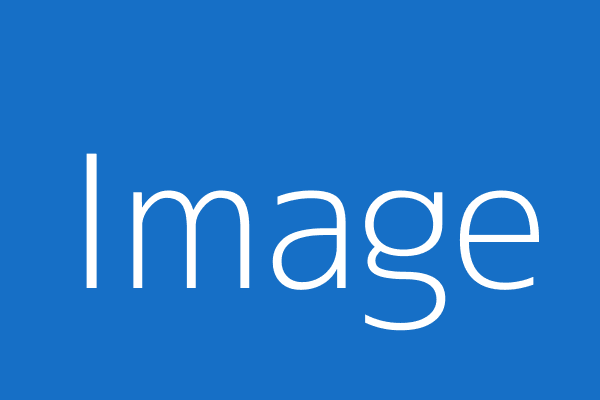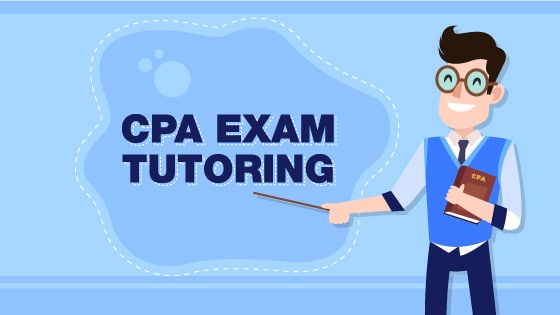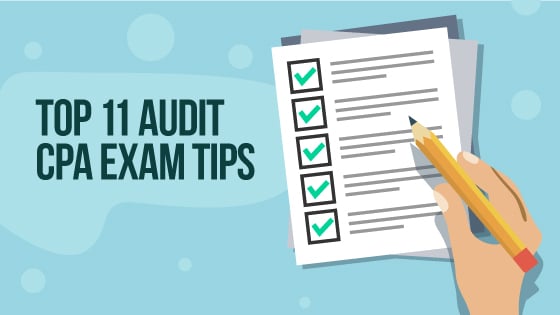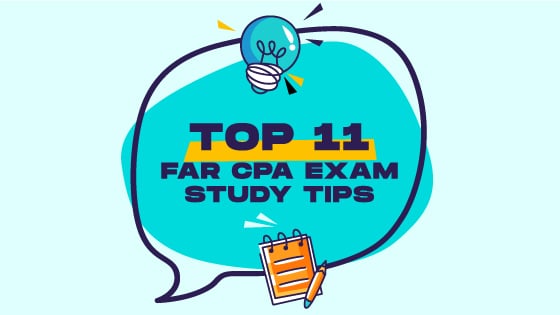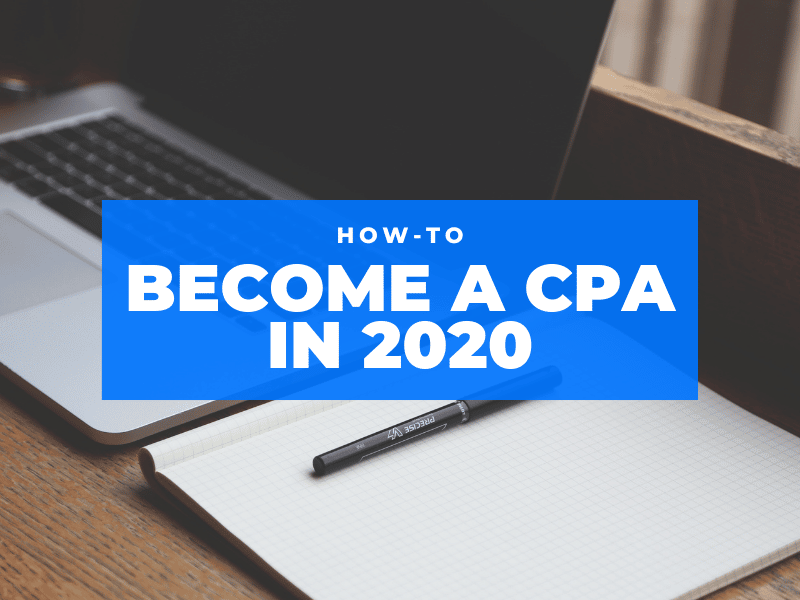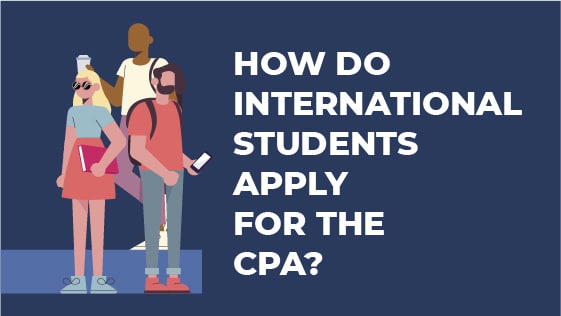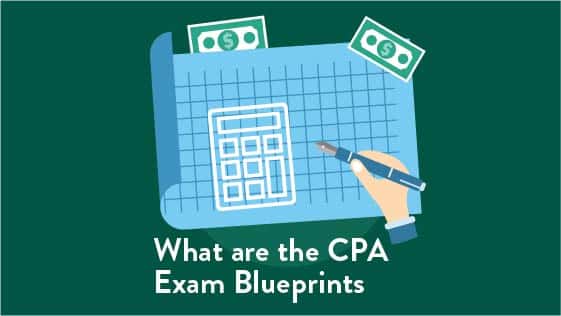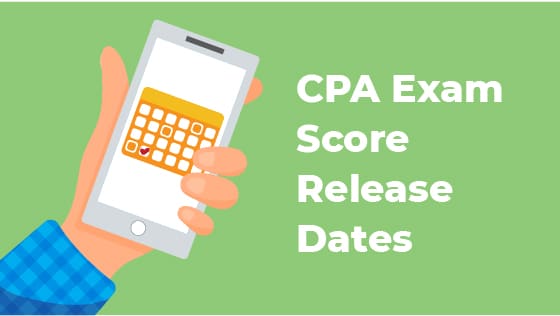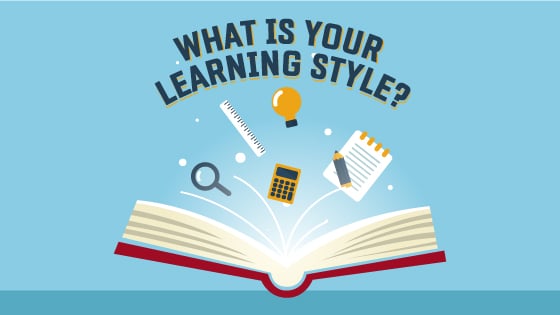
If you’re reading this article then you are probably in the grueling process of studying for the CPA exam; after all, us accountants love a good challenge! Although this time is stressful, trust me when I tell you that passing the CPA exam is completely worth it.
Becoming a CPA directly leads to better career opportunities, increased pay, and a major sense of accomplishment
While simply passing the CPA exam is the obvious goal, each person is different in their learning styles and study habits. Unfortunately, there is not a “one-size-fits-all” approach to studying for the CPA exam. You know yourself best and probably already know your strengths and weaknesses when it comes to studying.
For example, maybe you prefer to study in groups, or prefer to learn the material by practicing examples, or you learn just by reading plain old text.
As a CPA exam tutor, I can’t stress enough the importance of knowing your learning style and sticking to it. It may sound like a great idea to work with a study partner for accountability purposes, but if you are easily distracted and sidetracked, it won’t do you much good. You’ll absolutely be a more effective and efficient studier with the right plan.
When working with new students, I always begin by helping them figure out their learning style using Howard Gardner’s “eight types of human intelligence”. Through this analysis, together we can determine the best way for each student to study. Often times, I find that students are a combination of multiple styles; so let’s discuss these unique learning styles and I’ll offer up my study tips for each specific type so you can better prepare for (and CRUSH) your exams!
Eight Types Of Human Intelligence
Take a look at the different types of human intelligence below. Which one best describes your learning style?
Visual-Spatial
Do you have high visual-spatial intelligence?
If you are a visual-spatial learner then you are the type of person who remembers faces over names, has a photographic memory, or notices the tiniest of details. You are an expert at real-life Tetris and can efficiently organize and fit objects of all shapes and sizes into a given area, like fitting suitcases into the trunk of your car. Can you visualize a chart or graph you had previously studied or remember where exactly on a page you read about a specific topic? If you have any of these talents, then congratulations: you’re a visual-spatial learner!
Tips for CPA exam study
As a visual-spatial learner myself, I can attest to how helpful this trait has been in preparing for exams. I recommend watching video or in-person lectures. Also, you may not want to spend too much time listening to audio lectures unless you are also a musical-rhythmic learner, in which case you can take a combined learning approach. When reviewing practice questions, try to visualize what the question is asking. If it relates to a certain topic that had a chart, graph, or mnemonic, try to visualize that.
Visual-spatial intelligence is also extremely helpful when it comes to financial statements – visualize the statements to remember the format and where items belong. If you are weaker in this area, I highly suggest utilizing the noteboards that are provided during the exam to write down all the mnemonics you can remember; then you don’t need to stress over them and can focus better on the exam.
Verbal-Linguistic
Do you have high verbal-linguistic intelligence?
If you are a bookworm, you’re great with foreign languages, or you enjoy telling stories, you are a verbal-linguistic learner. These types of individuals enjoy writing and are great at problem solving. In my experience working in the accounting profession, verbal and writing skills are just as important as mathematical skills.
Tips for CPA exam study
My recommendation for verbal-linguistic learners is to write notes and/or outlines as you study and rewrite those notes as part of your final review. As you write you’ll keep absorbing the information. Most importantly, when reviewing practice questions be sure to dissect the question. Please please please practice dissecting your review questions – I promise it will pay off! Steps for dissecting the question include:
- Read the last sentence first to determine what the question is asking
- Go back to the beginning and read the question slowly and thoroughly, sentence by sentence
- As you go, write down important information such as amounts and dates
- Perform calculations, if any
- Review the answer choices thoroughly to determine which one matches the answer you came up with
In my experience as a CPA tutor, the most common issue my students have is that they read through their practice questions too quickly. This can result in missing something small (like the word “not”) and ending up with an incorrect answer that would have otherwise been correct. Although the exam is timed, you’ll spend more time going back or second guessing if you don’t read thoroughly and choose your answer confidently up front.
Dissecting the question will help to break it down into smaller, less overwhelming pieces. If you get stuck dissecting a question for too long, make your best guess and move onto the next question. Also, don’t worry if you’re weaker in this area; I find that the more students practice writing out notes and thoroughly reading questions, the better they become at it. It may not come naturally to you now, but with repetition it will become second nature in no time!
Logical-Mathematical
Do you have high logical-mathematical intelligence?
Logic and mathematics are huge parts of being a CPA, so hopefully you have already determined that this is your strength! That means you are good with numbers, logic, reasoning, and critical thinking. You are able to identify facts and apply logic in order to effectively solve problems.
Tips for CPA exam study
Logical and mathematical skills are key to dissecting exam questions, as described above. They are used to determine what the question is asking and the steps needed to find the answer. Use these skills to eliminate answer choices; if you can narrow it down to your top two choices, you’ll be in great shape!
Musical-Rhythmic
Do you have high musical-rhythmic intelligence?
If you are a musician, singer, or composer, then the answer is yes! Through my years working in accounting and tutoring accountants, I have met many people who play in bands during their free time and have an equally creative side to their logical-mathematical side. Even if you don’t play an instrument, having a connection to music and rhythm, whether as a music lover or a dancer, qualifies you as musically-rhythmically intelligent.
Tips for CPA exam study:
Musically inclined students are usually auditory learners. Take advantage of the audio lectures most prep courses provide and listen to them during your commute. I also recommend students to take a walking break and get outside multiple times a day. Although these breaks are meant to clear your head, you can extend your walk and listen to your audio lectures after the break is over. The key here is to get as much information flowing into your ears as possible!
Bodily-Kinesthetic
Do you have high bodily-kinesthetic intelligence?
If you are athletic or enjoy participating in dance, acting, or making and building things, then you fall into this category.
Tips for CPA exam study
You are probably wondering what this could possibly have to do with studying for the CPA exam. Here’s the truth: some of the most important aspects of the study process don’t involve studying at all. Whether you are athletic or not, moving your body is a must! Physical activity is a stress release that promotes energy, focus, and motivation, all of which are necessary for success. I encourage everyone to get at least 30 minutes of walking, moving, or just about any form of exercise each day. While working as an auditor, one of my clients instituted “walking meetings” where we would conduct our meetings while walking around the outside of the building.
So many students who are juggling CPA exam studying, working full time, and family responsibilities do not have one extra minute each day to spare. I completely understand that feeling! You don’t need to overwhelm yourself with additional tasks, but if you get creative you may surprise yourself with just how much extra movement you can get in each day. This will result in saved time, as you’ll be much more focused and efficient during study sessions.
Interpersonal
Do you have high interpersonal intelligence?
This is for all the “people-persons” out there, who enjoy discussions, debates, teamwork, and easily understand others’ feelings. These individuals also communicate effectively and cooperate well with others.
Tips for CPA exam study
Working with a study partner or study group is extremely beneficial for those with strong interpersonal skills. While reviewing, take turns explaining study topics to each other that you’ve recently learned. Teaching others is one of the best ways to become more proficient and knowledgeable in a specific area. Study groups are perfect for this since you are able to share knowledge, ideas, and mistakes that have been made along the way.
If you are not an interpersonal learner, instead of attempting to work in study groups, set yourself up in the type of study environment that works for you. Find a quiet study room where you can focus intensely without interruptions.
Intrapersonal
Do you have high intrapersonal intelligence?
Do you have a deep understanding of your own strengths and weaknesses? Do you have the ability to self-reflect? Intrapersonal intelligence is the opposite of interpersonal in that it’s an intrinsic understanding of self versus an understanding of others. Many people have both interpersonal and intrapersonal abilities.
Tip for CPA exam study
Most people can sit down and determine where their strengths and weaknesses lie. The more you know about yourself, the more successful you will be.
When you know yourself well, you know when the best time to study is, when you’re no longer productive, how much sleep you need in order to be productive, and how often you need to take breaks.
While working or studying, there usually comes a time each day when you reach a point of no return after which you are no longer productive. I’m sure many of you have experienced this with your day-to-day studying or at work; you’ll get the same amount done whether you work for one more hour or six more hours. Knowing this about yourself will help you to stay a step ahead in finding the most efficient and effective way to study each day. For example, studying for three hours during an evening when you’re exhausted without any study breaks will be less effective than studying for two hours in the morning with multiple breaks after a full night of sleep.
Don’t be so hard on yourself that you reach complete burnout, and please don’t forget to take breaks! Get the most out of your “optimal” times so you don’t have to waste precious time being counterproductive.
Naturalistic
Do you have high naturalistic intelligence?
These are individuals who have a strong connection with nature. If you enjoy hiking, camping, going to the beach, exercising outdoors, or just watching nature documentaries on Netflix, this is most likely to be your preferred learning style.
Tips for CPA exam study
This goes along with my recommendation for walking breaks. Incorporating nature into your day is extremely important for your wellbeing and state of mind; getting outside of an office or school environment, even for just a little while, will have so many positive effects. This also goes beyond just being outside – eating natural, whole foods is another way to use your connection with nature to sustain you for long periods of studying. (Side note: I am an advocate for whole foods plant-based living, so you can feel free to ask me for any advice on incorporating this into your busy schedule while studying.)
Eating right will also remove that “after-lunch slump” we often feel. The more energized you are, the more effective and efficient you will be during your study time. Even something as small as keeping a few green plants in your workspace can make a world of difference.
If you are extremely naturalistic, then you absolutely must incorporate nature into your life; otherwise you will struggle to focus. If you are not naturalistic, try starting small, such as swapping your normal afternoon snack for a piece of whole fruit (and maybe eat it outside, too!).
The Bottom Line
Now that you’ve determined your unique combination of learning styles, you should be much better equipped to conquer the CPA exam. There is one final strategy that applies no matter which learning styles you have: spend at least 50% of your total study time practicing as many multiple-choice questions and simulations as possible.
Now that you have all the tools, it’s up to you, so go out there and pass the CPA exam!
Bryce Welker is a regular contributor to Forbes, Inc.com, YEC, and Business Insider. After graduating from San Diego State University, he went on to earn his Certified Public Accountant license and created CrushTheCPAexam.com to share his knowledge from reviewing hundreds of accounting courses while helping thousands of other accountants become CPAs. Bryce was named one of Accounting Today’s “Accountants To Watch” among other accolades. As Seen On Forbes
